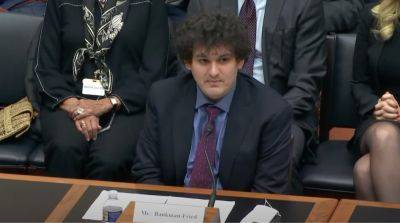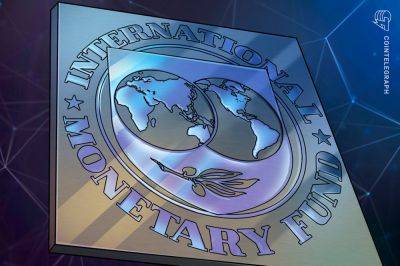The Observer view on immigration: it’s time for Tories to admit that Britain needs foreign workers
Immigration has long been a fraught area of political discourse. Legitimate discussions about its benefits and disadvantages have always had the potential to be co-opted by ethno-nationalists in service of racism. For populist politicians looking to distract from or find scapegoats for their domestic failures, immigrants and asylum seekers can be an easy target.
From Enoch Powell’s “rivers of blood” speech, to Harold Wilson’s racist policy of denying entry to Kenyan Asians with British passports, to New Labour’s targeting of asylum seekers, to the current government’s Rwanda refugee policy: Britain has been far from immune from these tendencies in recent decades. Government policy has too often been driven by unrealistic promises, such as Theresa May’s pledge to cut net migration to the “tens of thousands”, not by what is in the best interests of the country.
This week the latest set of migration statistics will be published. They will show net migration at record levels, driven by large numbers of people from Ukraine and Hong Kong moving to the UK as a result of humanitarian resettlement schemes, and a post-Brexit liberalisation of the immigration regime for non-EU international students and skilled workers. They are likely to set in train an arbitrary debate about whether levels of immigration are too high that is divorced both from economic realities and public opinion.
The vote for Britain to leave the European Union was driven in large part by public sentiment that immigration flows from the rest of the EU in the 2000s were too high as a result of free movement of people within the bloc. The Leave campaign put control over immigration policy at the heart of its case.
But since Brexit, the salience of immigration as an
Read more on theguardian.com






















